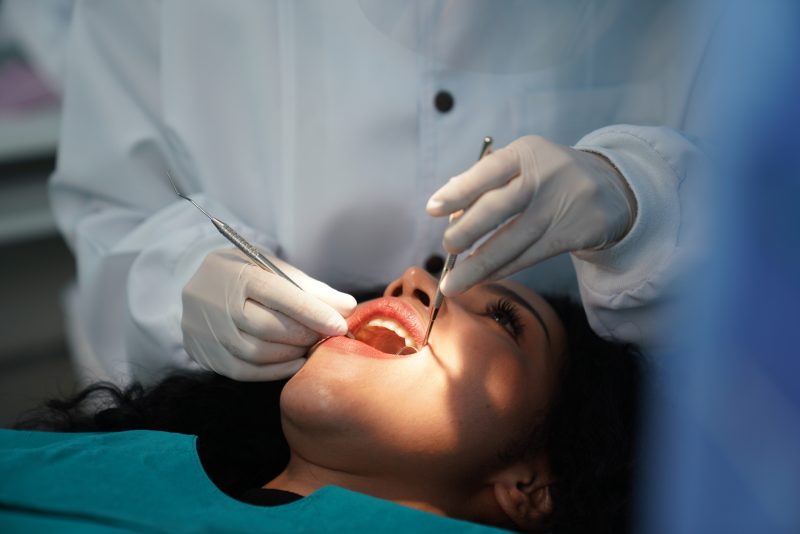(NEXSTAR) – Patients using Ozempic and other GLP-1 drugs are reporting a complication not listed among the drug’s most common side effects. (We’re not talking about “Ozempic babies,” but that’s also a thing.)
Dentists warn they’re seeing cases of something nicknamed “Ozempic teeth.” Medications like Ozempic and Wegovy can lead to dry mouth because the active ingredient, semaglutide, affects the salivary glands, explains Adam Taylor, an anatomy professor at Lancaster University, in an article for The Conversation. The medications can also cause people to drink less water because they feel less thirsty.
Those factors combined increase the risk of cavities and gum disease, explained Dr. Rajpal Anjali, a cosmetic dentist at Beverly Hills Dental Arts.
To make things worse, some people also experience side effects like acid reflux and vomiting, further harming their tooth enamel.
“Most users tolerate GLP-1 medications like Ozempic without serious oral health issues, but a subset experience notable side effects such as dry mouth, nausea, or vomiting, which can indirectly affect teeth and gums,” said Anjali.
Warning signs include increased tooth sensitivity, dry mouth, visible enamel erosion, gum irritation, receding gums, and slower healing after dental procedures, she said. Anyone taking a GLP-1 should notify their dentist so they can get extra care for their teeth as needed.
“Dentists should also be aware of these potential risks and monitor patients accordingly, especially in the first few months after starting the medication,” Anjali added.
Unlike some other GLP-1 side effects, the damage to your teeth may not be reversible if you stop taking the medication.
One simple way to prevent “Ozempic teeth” is to drink more water, advises Taylor. Chewing sugar-free gum can also boost your saliva production if you’re experiencing dry mouth as a result of the medication.
The post Ozempic teeth: Dentists warn of new GLP-1 side effect appeared first on KTLA.




